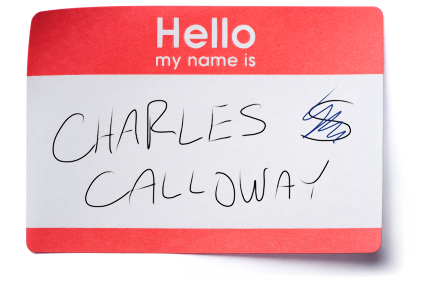Buyers are taking full advantage of a down market by purchasing homes at low, low prices after foreclosure or through short sales. The problem is most of the homes have either been neglected or damaged and no longer qualify for government financing, such as an FHA Loan. As a result, some real estate agents are requiring the buyer to pay for repairs up-front.
In one recent transaction the buyer paid $8,500 up-front to have termite damage and other items repaired in anticipation of qualifying for FHA financing.
In some markets the listing agents are advising potential buyers to pay for up-front repairs to abandoned REO and short sale properties during the offer and closing process to ensure the property will qualify for government financing. As a result, the buyer pays for repairs to get the home ready for appraisal. In one recent transaction the buyer paid $8,500 up-front to have termite damage and other items repaired in anticipation of qualifying for FHA financing.
Foreclosure Do-Over
The property was an REO property owned by a bank – post foreclosure. During repair to the property a contract was presented and accepted by the bank. An escrow was opened and a title report ordered that uncovered a defective trustee’s sale. The bank ultimately had to re-start the noticing period and the entire foreclosure process!
The REO bank had to pull out of the contract, since it could not deliver free and clear marketable title to the buyer. The buyer received a full refund of her earnest money deposit, but not the $8,500 spent repairing the home.
Advice from Title
The buyer asked the title company what she could do to collect her up-front cost of repairing a home she ultimately could not purchase. Our response was to consult an attorney, since she might have the ability to file a mechanics’ lien in order to recoup her costs.
More articles relating to REO Transactions:
The REO Transaction Process
Setting expectations on an REO Transaction
4 Hot tips for working with Escrow on an REO Transaction

